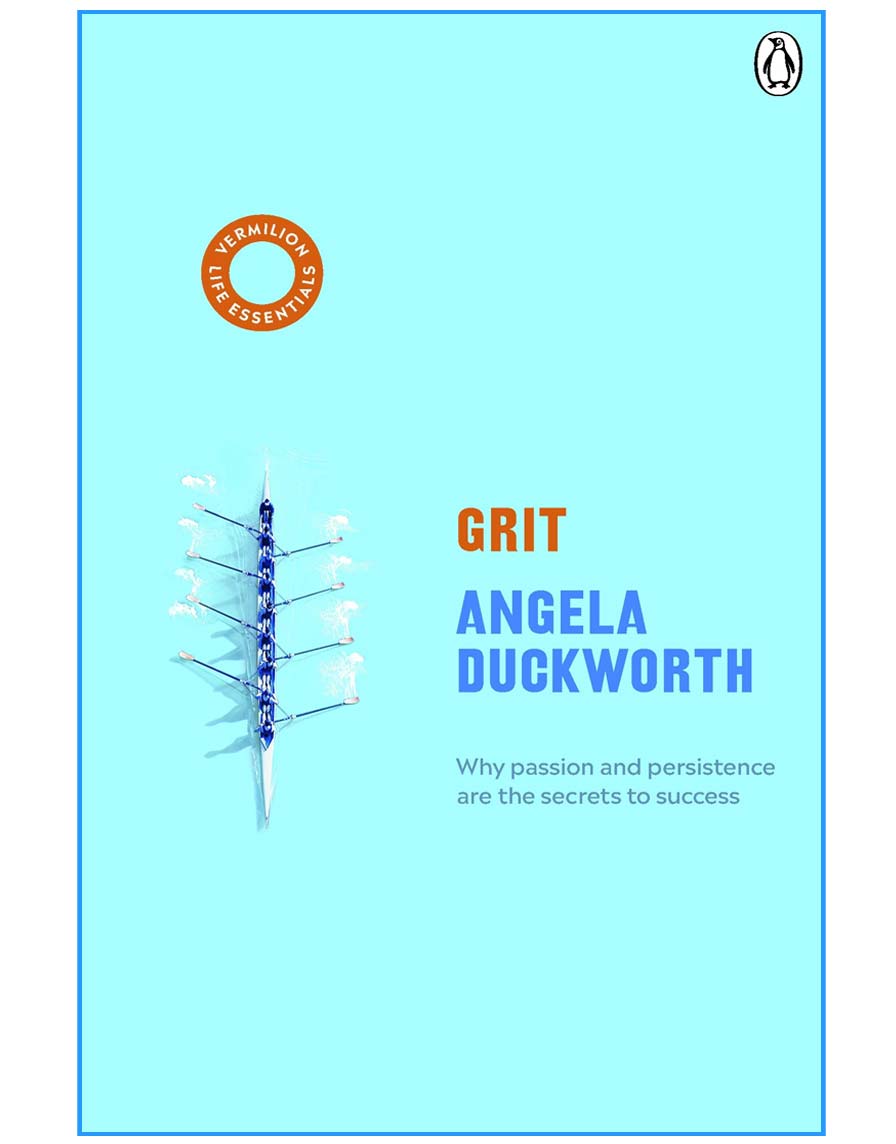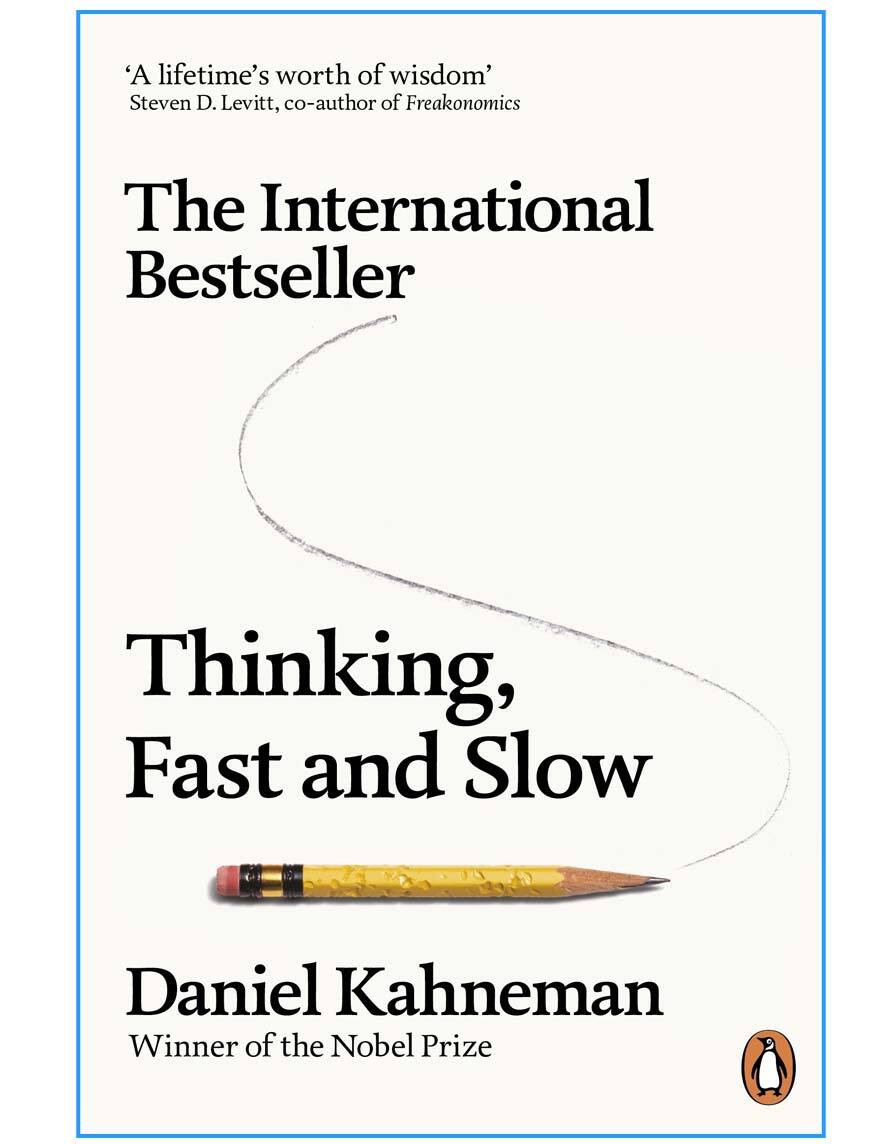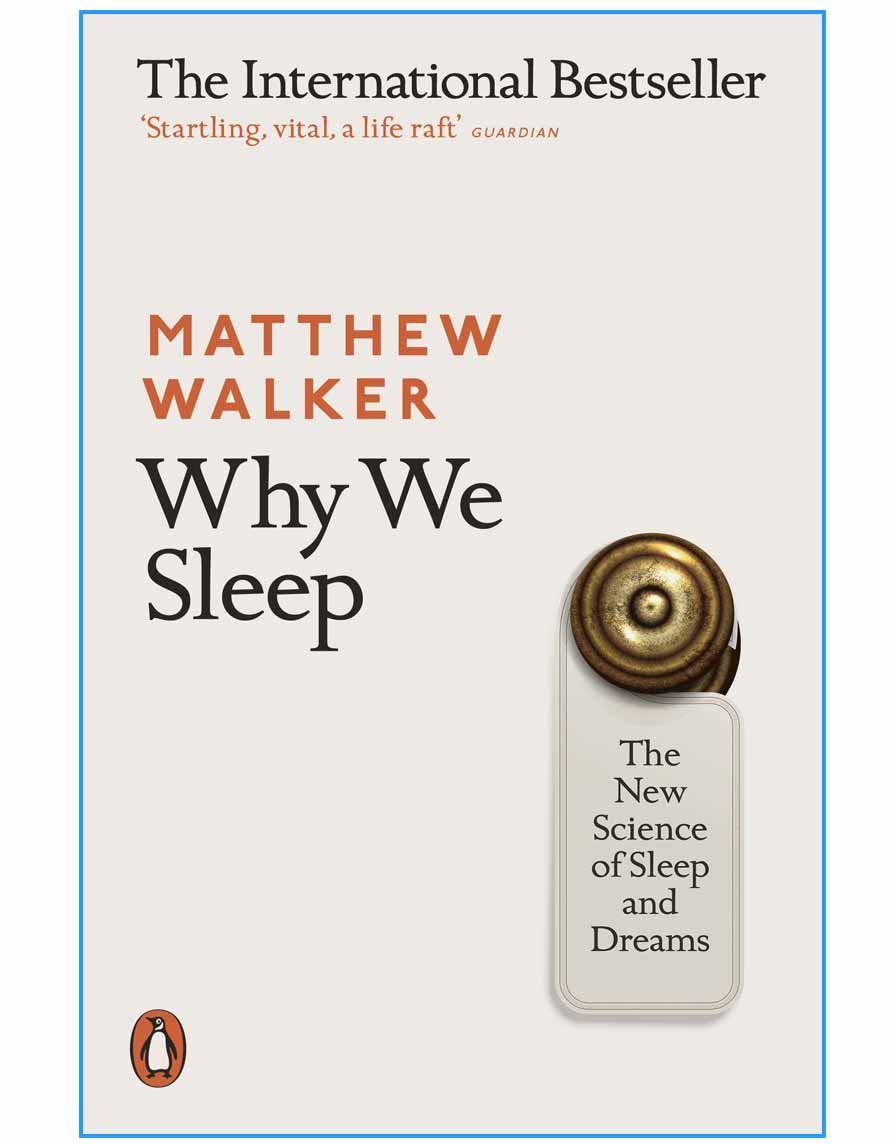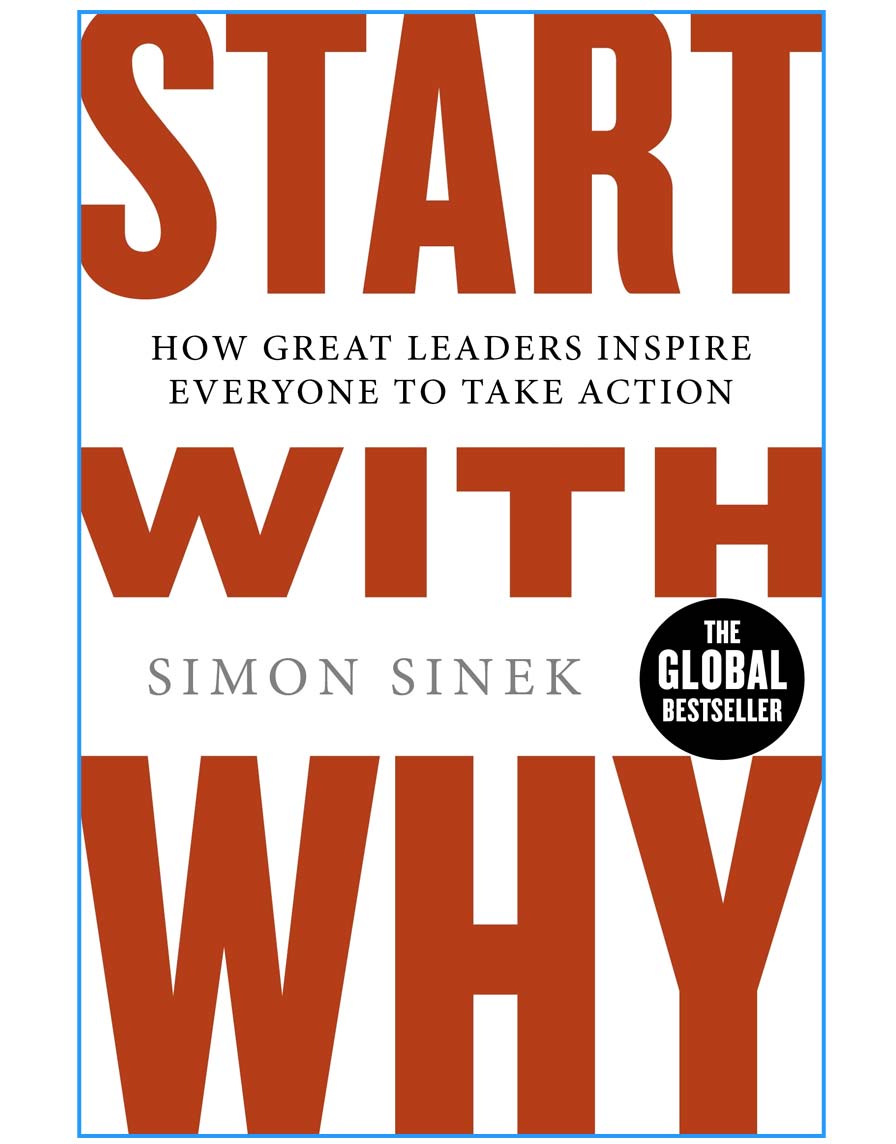Grit
6 years agoGrit: The word has mouth feel. It sounds like something John Wayne would chaw on. Who wouldn’t want grit? Wusses. Forget ’em.
Angela Duckworth, the psychologist who has made “grit” the reigning buzzword in education-policy circles, would surely recoil at any association between it and Wayne’s outmoded machismo. Duckworth is a scholar you have to take seriously. She has been featured in two best-selling books (“How Children Succeed,” by Paul Tough, and “The Power of Habit,” by Charles Duhigg), consulted by the White House and awarded the MacArthur “genius” fellowship for her work on this obviously desirable trait. At the University of Pennsylvania’s Duckworth Lab, grit is gender-neutral. It’s self-control and stick-to-it-iveness. The two big ideas about grit that have made Duckworth famous are first, that it predicts success more reliably than talent or I.Q.; and second, that anyone, man or woman, adult or child, can learn to be gritty.
Nonetheless, the word has a cowboy kick, and that’s not necessarily a bad thing. It harks back to America’s pioneering days. It took grit to light out for the territory, as Huck Finn might have said. The notion that talent is born, not made, is the modern-day version of the caste system those Americans were fleeing. The cult of genius reinforces passivity and dampens ambition. “If we think of genius as something magical, we are not obliged to compare ourselves and find ourselves lacking,” Nietzsche wrote in a passage quoted by Duckworth in her new book, “Grit: The Power of Passion and Perseverance.”
Grit, on the other hand, is egalitarian, or at least a less class-based indicator of future accomplishment than aptitude. Measurable intelligence owes something to genetic endowment but also depends heavily on environmental inputs, such as the number of words spoken to a child by her caregivers. The development of grit does not rely quite so much on culturally specific prompts. Moreover, grit appears to be a better engine of social mobility.
In this book, Duckworth, whose TED talk has been viewed more than eight million times, brings her lessons to the reading public. My guess is you’ll find “Grit” in the business section of your local bookstore. As marketing strategies go, it’s not a bad one, although the conventions of the self-help genre do require Duckworth to boil down her provocative and original hypotheses to some rather trite-sounding formulas.










